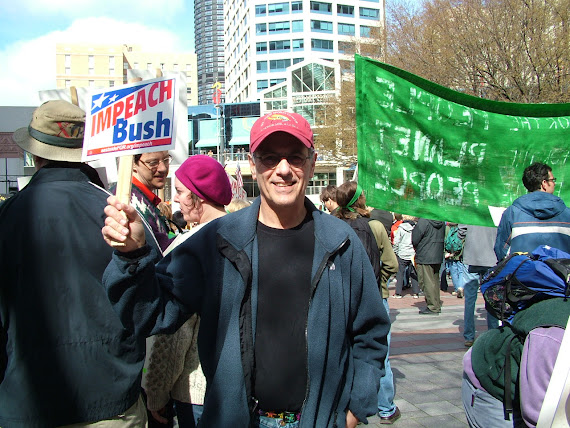The Fourth Amendment provides that “[t]he right of the people to be secure in their persons, houses, papers, and effects, against unreasonable searches and seizures, shall not be violated ....” U.S. Const. amend. IV. A person may have a legitimate expectation of privacy in places other than his home. No less than a tenant of a house, or the occupant of a room in a boarding house, McDonald v. United States, 335 U.S. 451, 69 S.Ct. 191, 93 L.Ed. 153, a guest in a hotel room is entitled to constitutional protection against unreasonable searches and seizures. Stoner v. California, 376 U.S. 483, 490, 84 S.Ct. 889, 893 (1964); Johnson v. United States, 333 U.S. 10, 68 S.Ct. 367, 92 L.Ed. 436 (1948).
Since the Fourth Amendment protects persons, not places, its protections follow wherever a person has a legitimate expectation of privacy. Minnesota v. Olson, 495 U.S. 91, 96 & n. 5, 110 S.Ct. 1684, 1688 & n. 5, 109 L.Ed.2d 85 (1990); Katz v. United States, 389 U.S. 347, 351, 88 S.Ct. 507, 19 L.Ed.2d 576 (1967). In Arkansas v. Sanders, 442 U.S. 753, 99 S.Ct. 2586, 61 L.Ed.2d 235 (1979) the Court noted that “luggage is a common repository for one's personal effects, and therefore is inevitably associated with the expectation of privacy.” Sanders, 442 U.S. at 762, 99 S.Ct. at 2592, 61 L.Ed.2d at 244.
Although the Fourth Amendment limits searches conducted by the government, and not those conducted by a private party, if the private party acts as an “instrument or agent” of the government, the search is a governmental search and is protected by the Warrant Clause. See Walter v. United States, 447 U.S. 649, 656, 100 S.Ct. 2395, 65 L.Ed.2d 410 (1980); United States v. Young, 153 F.3d 1079, 1080 (9th Cir.1998).
A private search triggers the application of the Fourth Amendment if federal agents instigate, orchestrate, encourage or exceed the scope of the private search. See United States v. Souza, 223 F.3d 1197, 1201 -1202 (10th Cir.2000). A defendant challenging a search conducted by a private party bears the burden of showing the search was governmental action. United States v. Cleaveland, 38 F.3d 1092, 1093 (9th Cir.1995); United States v. Reed, 15 F.3d 928, 931 (9th Cir.1994).
Whether a search is governmental or private depends on: (1) whether the government knew of and acquiesced in the intrusive conduct; and (2) whether the party performing the search intended to assist law enforcement efforts or further the party's own ends. See Young, 153 F.3d at 1080; United States v. Cleaveland, 38 F.3d 1092, 1093 (9th Cir.1995); United States v. Reed, 15 F.3d 928, 931 (9th Cir.1994); United States v. Walther, 652 F.2d 788, 792 (9th Cir.1981). A search is only private if the government is not involved either directly as a participant or indirectly as an encourager. United States v. Gumerlock, 590 F.2d 794, 800 (9th Cir.1979).
Subscribe to:
Post Comments (Atom)


5 comments:
[url=http://www.freewebs.com/trazodone-buy]trazodone 100 mg
[/url]
[url=http://ribavirin.webs.com/]copegus
[/url] rebetol 200 mg online
buy virazole
virazole 200 mg online
[url=http://orderamoxicillin.webs.com/]amoxicillin 500 mg oral cap
[/url] amoxicillin 500 mg normal dosage
can you buy amoxicillin over the counter in canada
can you buy amoxicillin over the counter in australia
[url=http://casodex-bicalutamide.webs.com/]Saveprost
[/url] Androdex
buy Casodex online
Bikalard
[url=http://cyclosporine.webs.com]sandimmun e sandimmun neoral differenza
[/url] ciclosporina facmed
Ciclosporinum
neoral syrup
Post a Comment